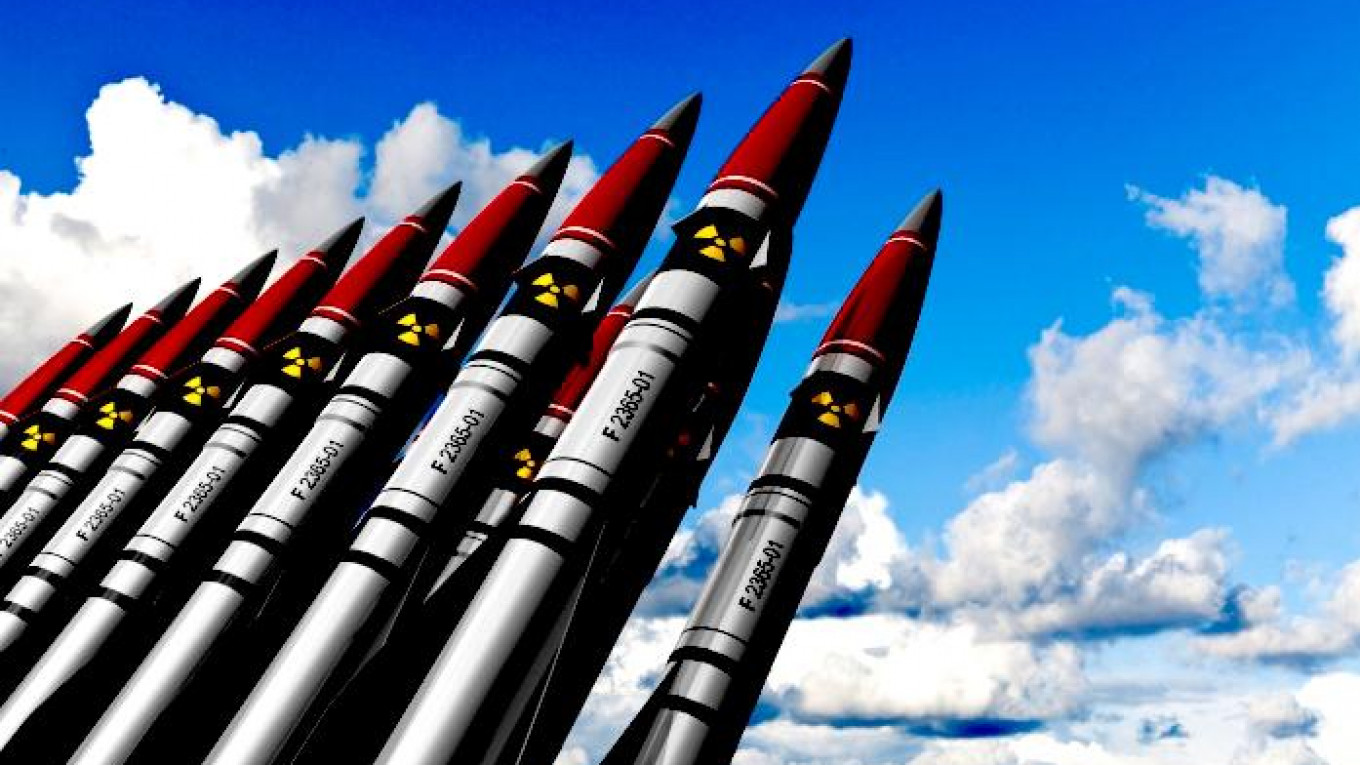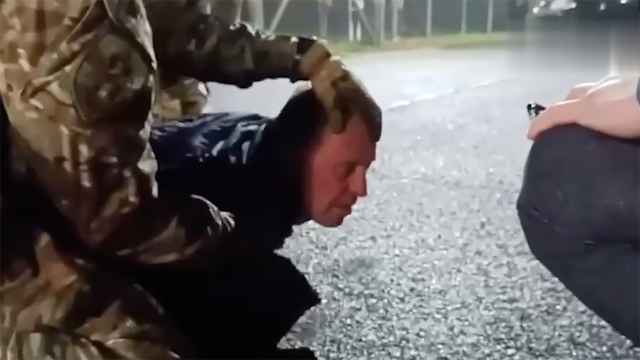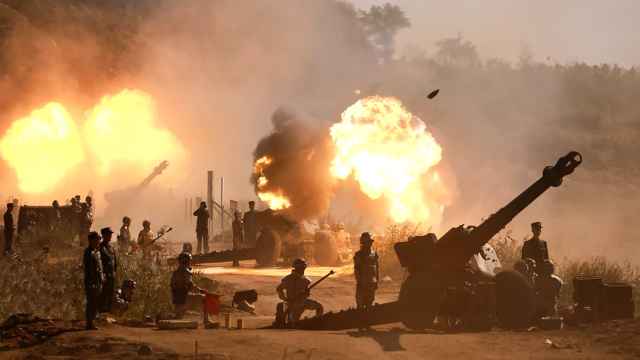An odd structural problem stands in the way of the Trump administration’s proposed “reset” with Russia: nuclear arms control.
Few could have predicted this stumbling block. Every recent rapprochement between Moscow and Washington has begun with negotiated reductions in nuclear weapons, nuclear testing and missile defense. Managing the nuclear arms race has been the meat of the bilateral relationship. Beyond that, the two countries have little to talk about. This is still the case today.
For Russia, maintaining a robust treaty framework and an intensive engagement with the U.S. on strategic stability is also a matter of status projection. This is the only area where Russia and the U.S. are equals, underscoring Russia’s otherwise underwhelming claims to a superpower status.
In their Jan. 28 phone call, Putin proposed negotiating a fiveyear extension of the New START treaty, signed by Presidents Obama and Medvedev in 2010 and due to expire in 2021.
This was supposed to be a no-brainer — easy and predictable. However, Trump called the treaty a “bad deal” for America that favored Russia, shocking Putin.
Donald Trump has been sending alarming signals to Moscow on the nuclear issue. After winning the election in November, he tweeted that the United States “must greatly strengthen and expand its nuclear capability until such time as the world comes to its senses regarding nukes.” When asked on MSNBC’s “Morning Joe” what he meant, Trump doubled down: “Let it be an arms race. We will outmatch them at every pass and outlast them all.”
Moscow initially sought to downplay these statements. The Kremlin noted that the U.S. has the right to modernize its nuclear arsenal, as long as it stays within the treaty limits and does not seek a unilateral advantage. The U.S. nuclear triad has not been modernized since early 1980s, and, in 2010, Republicans in Congress pushed through a $1 trillion program to replace almost all of the existing strategic weapons. This is not news to Moscow.
Unravelling the New START, however, would be a game changer.The treaty requires both nations to reduce their arsenals by February 2018 to 700 deployed strategic launchers and 1550 deployed warheads. This is a situation of parity with no side gaining an advantage if the limits continue to apply beyond 2021.
It is unclear why Trump thinks it’s “a bad deal for America.” Perhaps he is channeling the alarmist concerns within Republican circles that Russia is now exceeding the warhead limit by 246 deployed warheads. In fact, this stems from an overlap in new systems coming online and old systems getting decommissioned. Russia will be decommissioning old SS-18 ICBMs and Delta-III submarines by February 2018. In the most recent bilateral count from September, Russia actually had 173 fewer launchers than the United States. This gives the U.S. a real advantage: warheads can be moved from storage, but launchers provide the real strategic structure and their numbers cannot be quickly increased. If Trump exits START this U.S. advantage will only grow, forcing Russia into an arms race to restore parity.
Moscow finds itself in a bind. It does not want nuclear arms control to dominate the agenda with Trump. It considers this to be the crucial flaw of the Obama-Medvedev “reset,” when Russia was “cheated” into concessions on issues of interest to the U.S., while Moscow’s priorities — NATO enlargement and Russia’s “right” to a post-Soviet sphere of influence — were ignored. Moscow is intent on rectifying this with Trump by linking everything into a “grand bargain” where Russia’s interests in Ukraine and European security would crowd out nuclear issues.
There is also little appetite in Russia these days for further nuclear reductions. Moscow considers a robust nuclear posture indispensable to Russia’s security. Going lower than 1550 deployed strategic warheads, as Obama proposed in 2013, is too risky, the Kremlin believes.
The fact that Russia may have purposefully violated the INF Treaty by allegedly deploying a long range ground-launched cruise missile highlights Russia’s lack of interest in strategic arms control and its focus on non-U.S. contingencies — i.e. China. These missiles cannot be used in any nuclear mission not already covered by the existing arsenal of nuclear sea-launched and air-launched missiles.
That said, Moscow has little choice but to try to constrain the unilateralist Trump administration with legally binding arms control agreements. This will require further cuts in strategic and even non-strategic weapons (a longstanding U.S. concern).
Russia isn’t thrilled by that idea, but it could be convinced. Lifting U.S. sanctions on Russia in return for drastic nuclear cuts — an idea Trump has previously proposed — would make the deal palatable to the Kremlin.
A Message from The Moscow Times:
Dear readers,
We are facing unprecedented challenges. Russia's Prosecutor General's Office has designated The Moscow Times as an "undesirable" organization, criminalizing our work and putting our staff at risk of prosecution. This follows our earlier unjust labeling as a "foreign agent."
These actions are direct attempts to silence independent journalism in Russia. The authorities claim our work "discredits the decisions of the Russian leadership." We see things differently: we strive to provide accurate, unbiased reporting on Russia.
We, the journalists of The Moscow Times, refuse to be silenced. But to continue our work, we need your help.
Your support, no matter how small, makes a world of difference. If you can, please support us monthly starting from just $2. It's quick to set up, and every contribution makes a significant impact.
By supporting The Moscow Times, you're defending open, independent journalism in the face of repression. Thank you for standing with us.
Remind me later.







